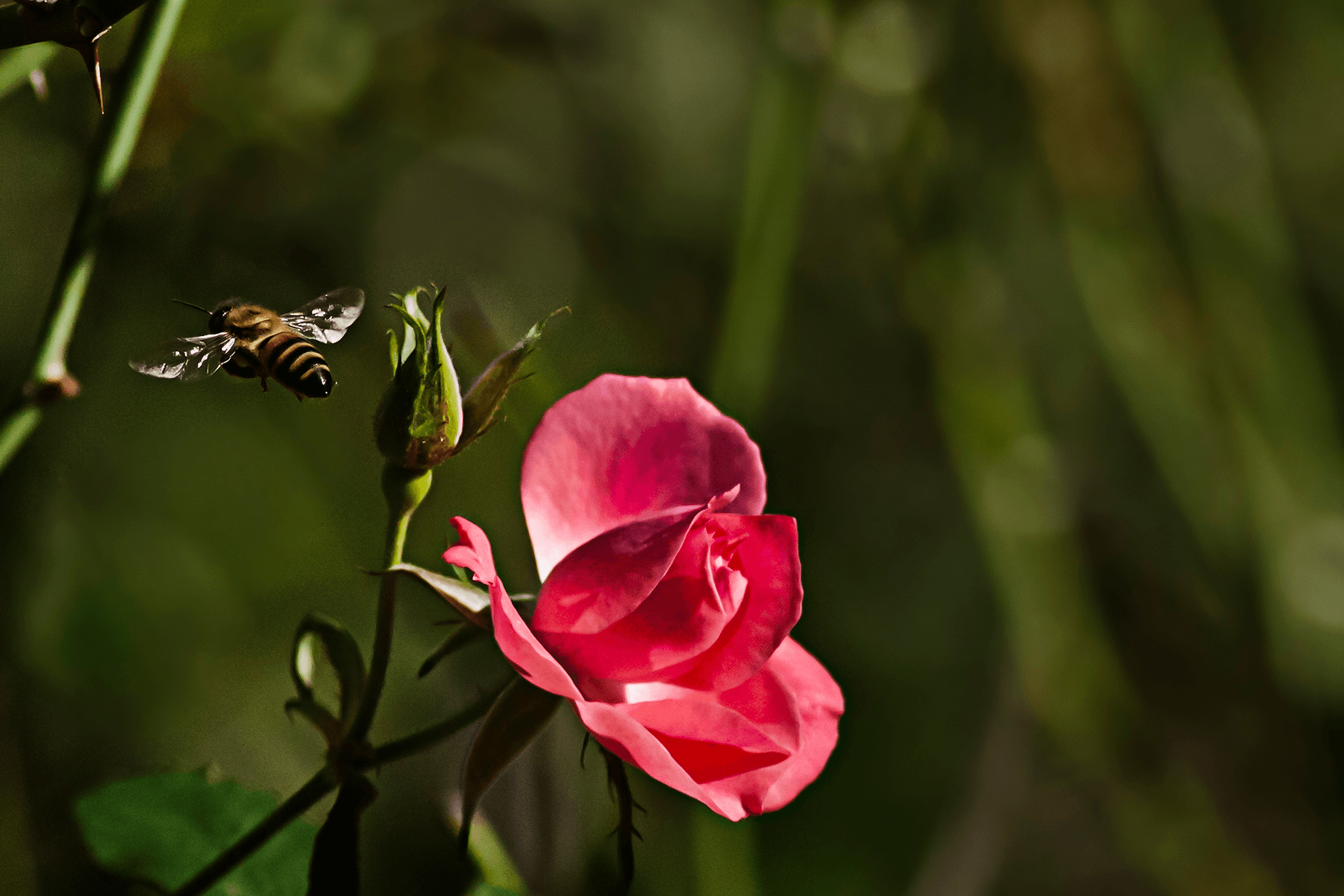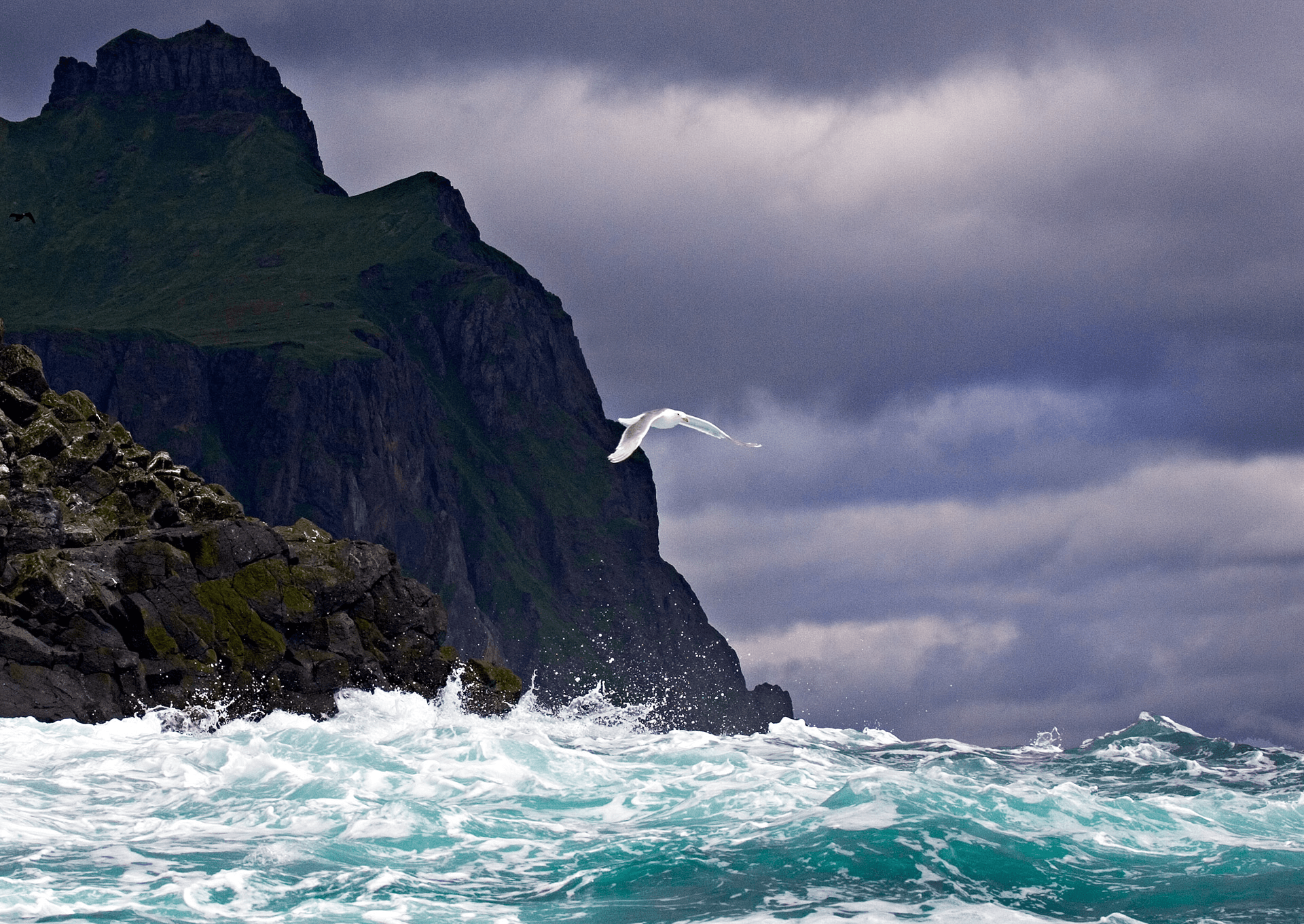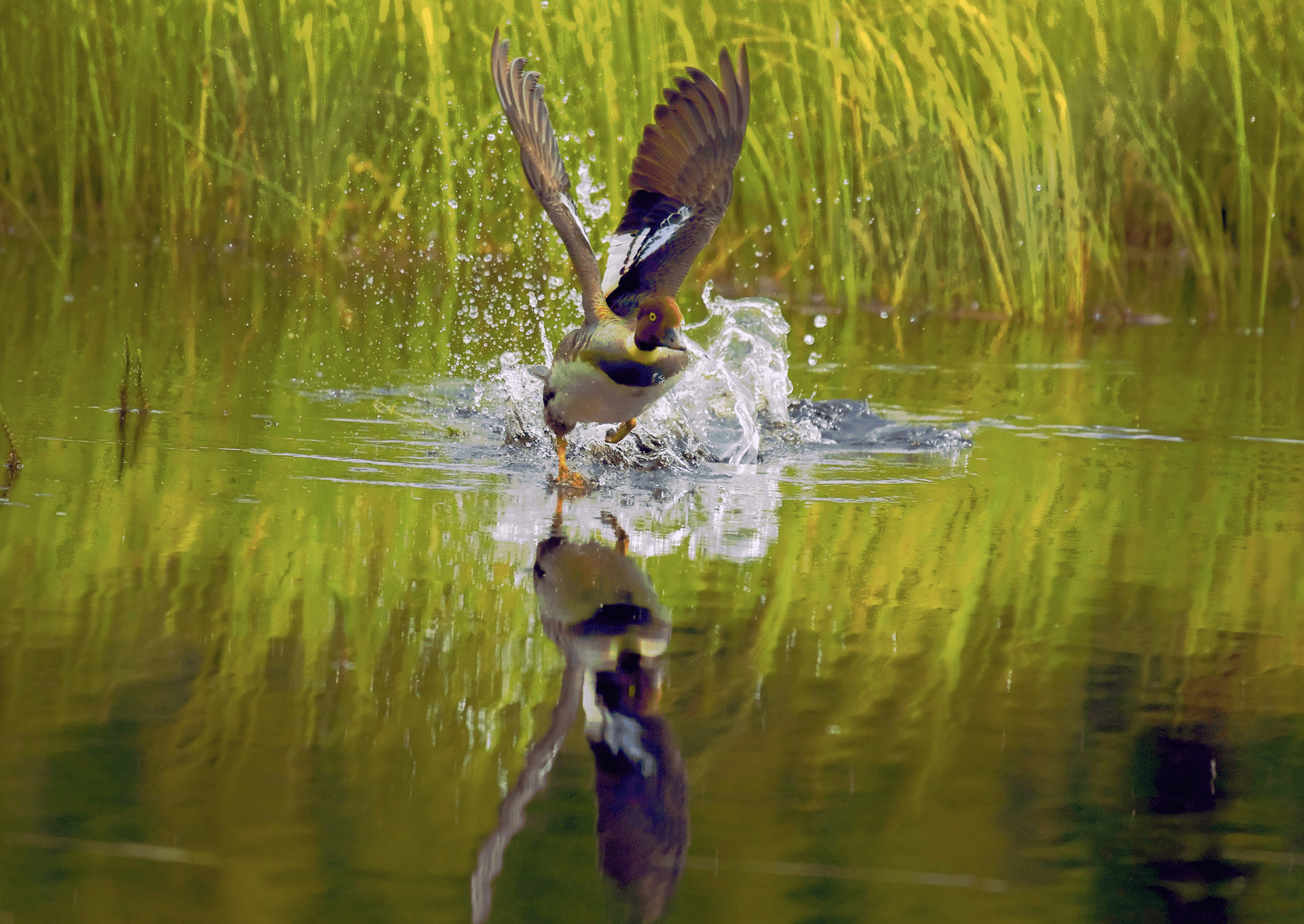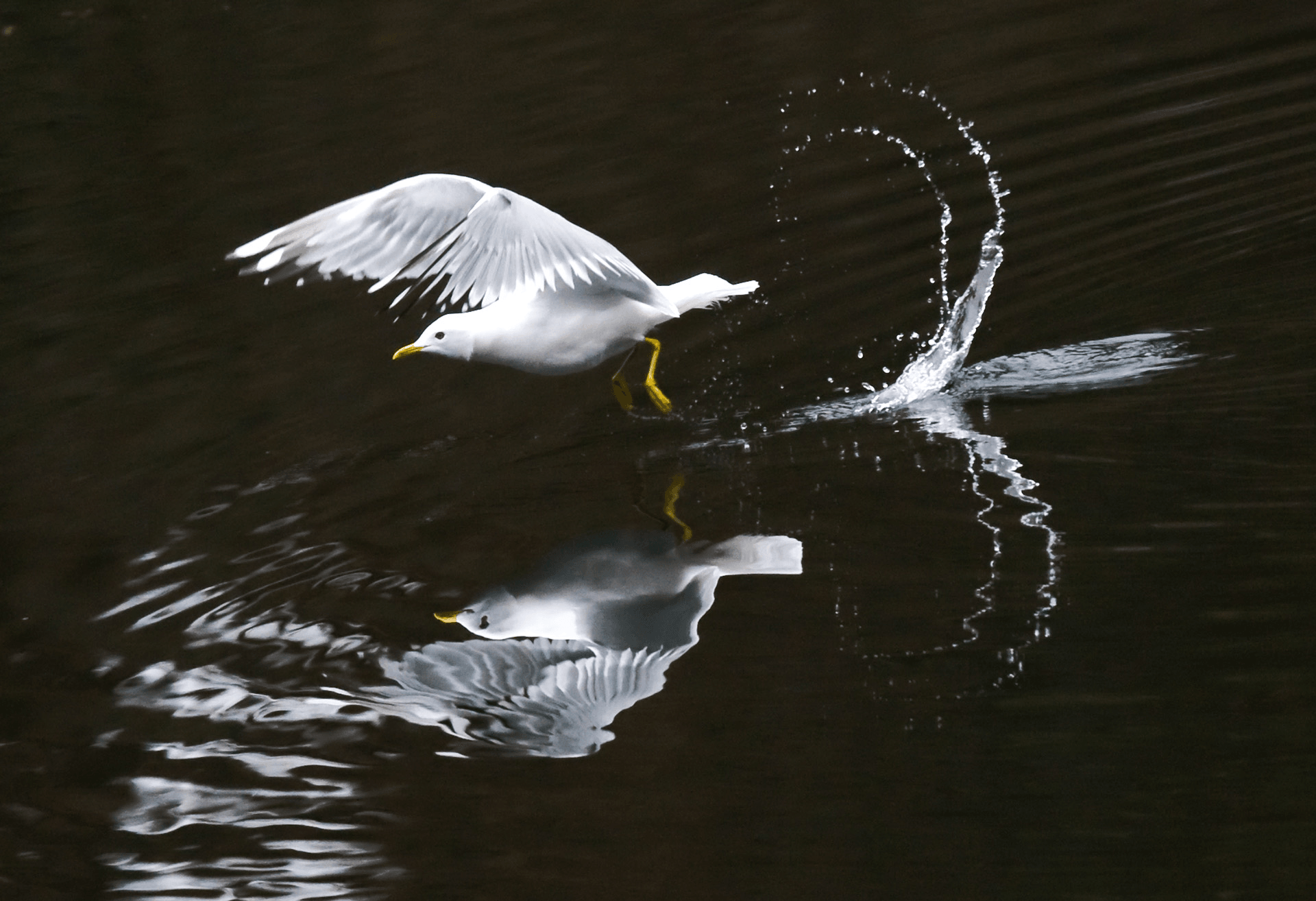Meet Robert Flatt | Poet-Scholar-Vagabond Photographer

We had the good fortune of connecting with Robert Flatt and we’ve shared our conversation below.
Hi Robert, what do you think makes you most happy? Why?
HAPINESS IS FINDING A CAREER THAT MACHESS YOUR PASSIONS. AND ITS NEVER TOO LATE TO CHANGE YOUR MAJOR.
My Career
Eventually you will all have bodies like mine that do not work very well (from the disease of aging). Eventually you’ll no longer be able to do your current job, and this will give you a marvelous gift—the gift of time. You can squander this gift by sitting around feeling sorry for yourself, or you can try to find something interesting to do with whatever physical ability you have left. One thing you will certainly have time for is to be happy, which is often called smelling the roses—though you may not be able to physically smell or even see or touch a real rose.
So I give you a rose. It was January 2011, and a cold front had come through. It was about 40º, and with my camera in hand I was sitting on the sidewalk in front of my neighbor’s house watching the sun come up.
My neighbor is a landscape architect who plants beautiful flowers year-round. This rose was booming its heart out when a ray from the sun struck it from behind, backlighting it against a very dark background—my favorite subject for a photograph. It was much too cold for a bee to out, but there he was. I do not claim these special photographs as my own. I was in the right place at the right
time with the camera in hand, but what I call the photo gods set up the picture for me. I simply relaxed and clicked. I used this picture for my feature picture.
I had a very successful 31-year career in the oil service industry reaching the ranks of a vice president before being diagnosed with Parkinson’s disease in 1999. But I never had a passion for business. In 1987 I began teaching operations management courses at Rice University, and I still teach there. I love teaching. I am very interested in change management and employee engagement.
I went on disability retirement in 2004 and started taking photography courses at Rice University which is described in the bio on my website. Parkinson’s disease had given me the gift of time. I’ve never had a passion for anything like this in my life. I took all the courses offered at Rice University in photography in the Glasscock School of continuing education and then took Arts 205, the introductory undergraduate course in photography at Rice. There were 21 sophomores and freshmen and me in the class. We used a 4 x 5 view camera with no electronics, a glass plate on back with a black hood for focusing and a single piece of black and white film. 24 of my pictures from the class are in the permanent collection of the Museum of Fine Arts Houston. It was a scream!!!! (Here is a link a is a collage to these photos in the MFAH https://emuseum.mfah.org/search/%20Flatt
So the success of my photography is a vindication of sorts of a lifetime pursuit of trying to become an English major. I have come out of the closet and admit that I love to tell stories, and that telling stories is a worthwhile pursuit for one’s life. I am happy.

Alright, so let’s move onto what keeps you busy professionally?
I discovered I had Parkinson’s disease (PD) in 1999. I started my crazy passion to become a photographer when I retired in 2004. PD had given me the gift of time to do it. I began taking photography courses at Rice University, and now I am consumed by it. My wife and I love to travel to wild and beautiful places.
We accelerated our travel schedule due to my Parkinson’s disease. Parkinson’s disease has helped me “slow down” to see the beauty all around me and has given me the urgency to “hurry up” and capture as much as I can photographically while I still can. I love highly saturated pictures, full of color, full of life, with vibrant, surrealistic backgrounds.
We are not always dealt aces and kings in the game of life. Sometimes we are dealt twos and threes. We must play the best we can with the hand we are dealt. Others may fold to our spirit and enthusiasm, we may get a full house of twos and threes, or we may lose. But the spice of life is in the playing.
I am a firm believer in serendipity. Much of life is spontaneous. This is why it is so thrilling to be alive. You never know what will happen next. We need to relax and live each day to its fullest. Watch the sun come up, smell the flowers and give someone a hug. Don’t be encumbered by the future. It will happen. Do your best to be ready for it by encountering and accepting and nurturing and living in the present.
I know it is very difficult to change. The only people eager for change are babies needing a new diaper. Have you ever told your grandmother that she should find a new recipe for cooking the Thanksgiving turkey? The biggest change we will all face is aging. It is not an easy process. My Parkinson’s disease has accelerated that issue.
Eventually you’ll no longer be able to do your current job, and you will receive a marvelous gift—the gift of time. You can squander this gift by sitting around feeling sorry for yourself, or you can try to find something interesting to do with whatever physical ability you have left. It’s never too late to change your major. One thing you will certainly have time for is to be happy, which is often called smelling the roses—though you may not be able to physically smell or even see or touch a real rose.
The course I teach at Rice University is called “Leading Operational Change.” The main take-away from the course is that a transformational leader loves people and is fiercely resolved to create excellence. But more importantly he has humility. It takes humility to cope with a debilitating disease like Parkinson’s, just as it does to care for someone with a chronic challenge, or as it does when—if we have been lucky—we simply become very old.
Each of our lives is like a photograph, framed by the edges of our birth and death. Our lives do not express the full truth about humanity; they are but fragments of it. Likewise, the photographs I have shared with you here are very small fragments of the immeasurable beauty of our planet Earth. When we choose to focus on it, it can become “Healing Art.” Don’t let anything ruin your day.
Life is Good!!
I discovered I had Parkinson’s disease (PD) in 1999. I started my crazy passion to become a photographer when I retired in 2004. PD had given me the gift of time to do it. I began taking photography courses at Rice University, and now I am consumed by it. My wife and I love to travel to wild and beautiful places.
We accelerated our travel schedule due to my Parkinson’s disease. Parkinson’s disease has helped me “slow down” to see the beauty all around me and has given me the urgency to “hurry up” and capture as much as I can photographically while I still can. I love highly saturated pictures, full of color, full of life, with vibrant, surrealistic backgrounds.
We are not always dealt aces and kings in the game of life. Sometimes we are dealt twos and threes. We must play the best we can with the hand we are dealt. Others may fold to our spirit and enthusiasm, we may get a full house of twos and threes, or we may lose. But the spice of life is in the playing.
I am a firm believer in serendipity. Much of life is spontaneous. This is why it is so thrilling to be alive. You never know what will happen next. We need to relax and live each day to its fullest. Watch the sun come up, smell the flowers and give someone a hug. Don’t be encumbered by the future. It will happen. Do your best to be ready for it by encountering and accepting and nurturing and living in the present.
I know it is very difficult to change. The only people eager for change are babies needing a new diaper. Have you ever told your grandmother that she should find a new recipe for cooking the Thanksgiving turkey? The biggest change we will all face is aging. It is not an easy process. My Parkinson’s disease has accelerated that issue.
Eventually you’ll no longer be able to do your current job, and you will receive a marvelous gift—the gift of time. You can squander this gift by sitting around feeling sorry for yourself, or you can try to find something interesting to do with whatever physical ability you have left. It’s never too late to change your major. One thing you will certainly have time for is to be happy, which is often called smelling the roses—though you may not be able to physically smell or even see or touch a real rose.
The course I teach at Rice University is called “Leading Operational Change.” The main take-away from the course is that a transformational leader loves people and is fiercely resolved to create excellence. But more importantly he has humility. It takes humility to cope with a debilitating disease like Parkinson’s, just as it does to care for someone with a chronic challenge, or as it does when—if we have been lucky—we simply become very old.
Each of our lives is like a photograph, framed by the edges of our birth and death. Our lives do not express the full truth about humanity; they are but fragments of it. Likewise, the photographs I have shared with you here are very small fragments of the immeasurable beauty of our planet Earth. When we choose to focus on it, it can become “Healing Art.” Don’t let anything ruin your day.
Life is Good!!
My life as a photographer:
• I began photography just eight years ago, at age 58, after disability retirement with Parkinson’s disease.
• My approach to learning was to take all the photography courses offered in the Glasscock School of Continued Education at Rice University. I also took Arts 205 from Geoff Winningham, the beginning photography for freshman and sophomores, which uses a manual 4×5 view camera with black & white film. I also take a lot of photographs.
• My main mentors in photography are Peter Brown, Geoff Winningham, Charles Wiese and Dan Kramer who have taught me, coached me, critiqued me and given me moral and technical support and advice.
• Although my main goal in photography is not to make money, it is far from being only a hobby. I have a passion for photography unlike any passion I’ve experienced in my life, and I want to produce extremely high quality work, which will meet or surpass the high standards of my mentors listed above.
My work:
• I’m primarily a nature photographer with a focus on birds, especially birds in flight. I also like to photograph bees and butterflies with flowers.
• I like to assemble photo essays, in self published books and photographic exhibits, and I am very good it.
• I have great difficulty photographing while standing or walking due to my Parkinson’s disease. Therefore, I am limited to sitting still when I photograph. I have no interest in street photography.
• Hence, I photograph almost exclusively with a 400 mm lens (hand held), with very high shutter speeds.
• I have a great deal of patience. Most of my projects take many weeks of photographing many hours a day.
• I do not only take photographs, but use my photographs with Photoshop to paint pictures of the beauty of nature.
• Parkinson’s disease has helped me “slow down” to see this beauty and has given me the urgency to “hurry up” and capture as much as I can photographically while I still can. I love highly saturated pictures, full of color, full of life, with vibrant, surrealistic backgrounds. I enjoy using my camera and Photoshop to paint pictures of birds flying and bees buzzing and dragonflies basking in the sun.
• I’m interested in showing this beauty to people who do not take the time or have the ability or interest to see it for themselves.
• The format I prefer for my photographs is large-format prints (16×24 and larger) on aluminum or canvas, hanging on walls — or photo-books, sitting on a coffee table.

Let’s say your best friend was visiting the area and you wanted to show them the best time ever. Where would you take them? Give us a little itinerary – say it was a week long trip, where would you eat, drink, visit, hang out, etc.
Secos restaurant, The Raven Restaurant, Alices Garden at Rice University, Astros baseball, Rice Football Anderson Fair Herman Park

Who else deserves some credit and recognition?
My Wife Nancy; We fell in love when we were 14 years old. She has been responsible. for the rest of all my happiness.. Peter Brown has taught Advanced Photography at the Glasscock School of continuing educationat Rice University for the last 30 years, and I have taken his class for the last 15 years. He is my main mentor.




Image Credits
I have Rights and permission
